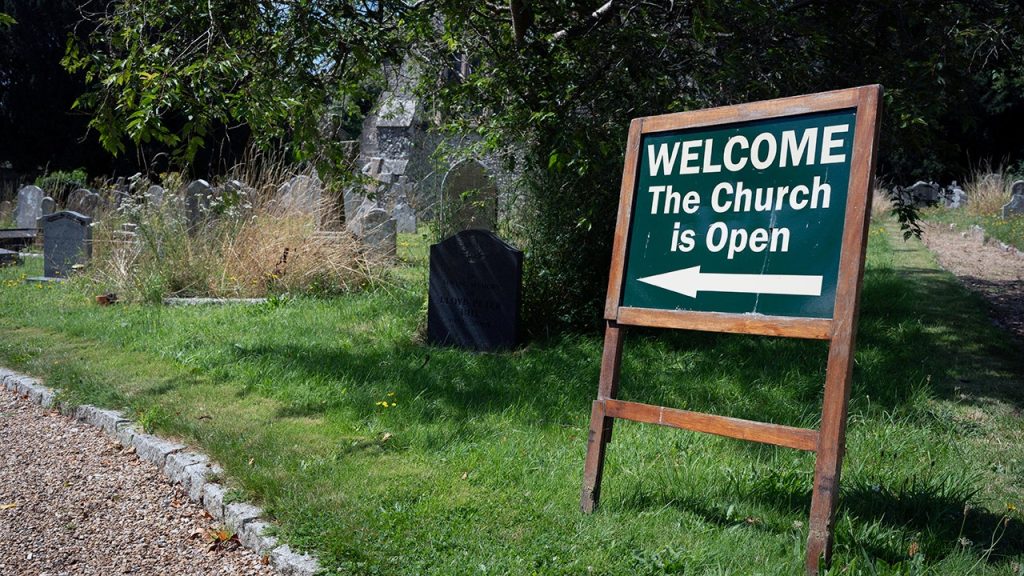The Church of England is reportedly moving away from using the word “church” in an attempt to attract more people, as revealed by a recent study conducted by the Centre for Church Planting Theology and Research in Durham. The study examined the language used by 11 dioceses in the Church of England to describe their new churches, finding that none of them used the terms “church plant” or “church” to describe the new establishments. Instead, the dioceses referred to these new projects as “new things,” without providing much specificity on what these “things” actually are. This shift in language usage has prompted the question of what exactly constitutes a church in the Church of England and the theological implications of such a change.
In the study, it was found that six of the 11 dioceses preferred to use the term “worship” as their main descriptor for new church projects, while seven used “community,” and only two used “congregation.” Reverend Dr. Will Foulger, the main author of the report and a vicar in Durham, highlighted these findings. Dr. Giles Fraser, the vicar of St. Anne’s in Kew, expressed his concern to the Telegraph, stating that the removal of the word “church” reflects a desire to appear more modern and relevant, which he believes may be misplaced. Dr. Foulger acknowledged in his study that these language changes are causing a redefinition of what a church is within the Church of England, suggesting a shift in the understanding and perception of these religious institutions.
The absence of the word “church” in the descriptors used by the dioceses for their new projects signals a significant departure from tradition and raises questions about the future of these religious establishments in the Church of England. The shift towards using terms like “community” and “worship” instead of “church” may indicate a broader cultural trend towards redefining and modernizing religious institutions to attract a wider audience and engage with contemporary society. This change in language and perception could have profound implications for the Church of England and how it is viewed by both its members and the general public.
The study conducted by the Centre for Church Planting Theology provides valuable insights into the evolving landscape of religious institutions and the changing dynamics of the Church of England. By examining the language used to describe new churches and the shift away from traditional terminology, the study sheds light on the challenges and opportunities facing religious institutions in the modern world. The findings of the study prompt a reflection on the essence of a church and the implications of redefining it in contemporary terms. The Church of England will need to grapple with these questions and navigate the changing expectations of its members and society at large as it seeks to remain relevant and engaging in an ever-changing world.
The use of language to describe religious institutions reflects broader societal trends and cultural shifts that are shaping the identity and perception of the Church of England. The move away from using the word “church” in favor of terms like “community” and “worship” highlights the Church’s efforts to appeal to a modern audience and engage with changing social norms. While some may see this as a necessary adaptation to the times, others, like Dr. Giles Fraser, express concerns about the potential dilution of the traditional understanding of what a church represents. The ongoing debate around the language used to describe new church projects illuminates the complex interplay between tradition, modernity, and relevance in the religious landscape of the Church of England.












